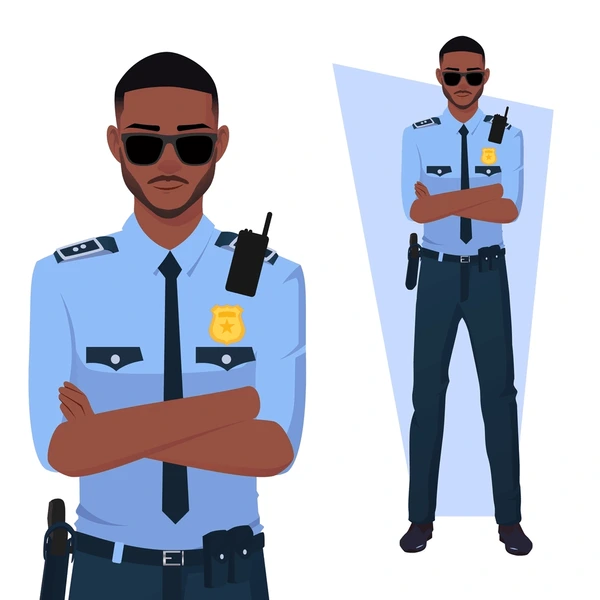Curriculum
Working in a private security industry ( Distance Learning)
Chapter 1: The main characteristics and purpose of the private security industry
0/9-
The key purposes of the private security industry
-
The aims and functions of the Security Industry Authority (SIA)
-
Licensable roles under the Private Security Act
-
Approved Contractor Scheme
-
Standards of behaviour
-
Community safety initiatives
-
How assignment instructions support the security operative role.
-
Benefits of using CCTV
-
Limitations of using CCTV
Chapter 2:Awareness of the law in the private security industry
0/5Chapter 4 : The importance of safe working practices.
0/9Chapter 5: Fire procedures in the workplace
0/6Chapter 9: Terror threats and the role of the security operative in the event of a threat
0/7Chapter 11: Good practice for post incident management
0/4Chapter 3 : Arrest procedures relevant to security operatives
0/5The key purposes of the private security industry
Security is a state or feeling of being safe and secure. The UK’s private security industry provides manned and technical protection in an effort to prevent and detect crimes and other unauthorized activities and raise standards within the industry.
As well as protecting premises, people and their property, security operatives also help to prevent and detect crime, prevent or reduce loss, waste and damage, as well as monitoring and responding to safety risks.
Security can be provided to clients in 3 main ways:
• Manned security – where one or more security operatives work on a site, providing both a deterrent against crime and an immediate response to incidents as they occur.
• Physical security – physical deterrents such as locks, alarms, barriers and grilles to help reduce crime.
• Systems – electronic and other technical systems used to monitor premises for crime and other dangers, such as intruder alarms, fire detection systems and closed circuit television (CCTV) systems

A ‘security operative’ is the general term used throughout this book to describe any person paid or used to provide any kind of manned security to a client or premises. This term includes door supervisors, uniformed security officers (including key holders), store detectives, CCTV operators, cash and valuables in transit operatives and close protection operatives.
The professionalism within the private security industry, alongside the licensing regime of the security industry authority, are both aimed at raising standards within the sector.